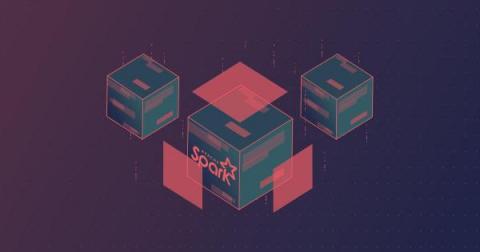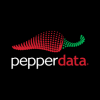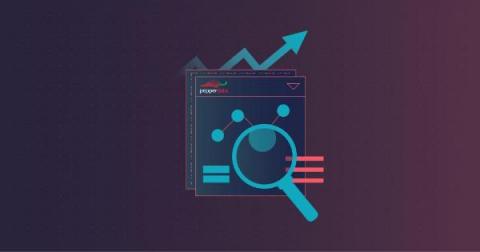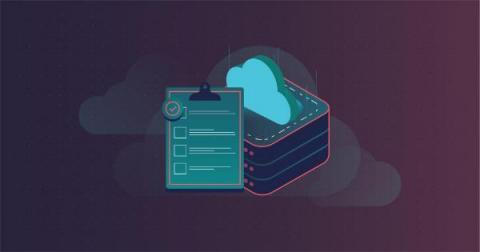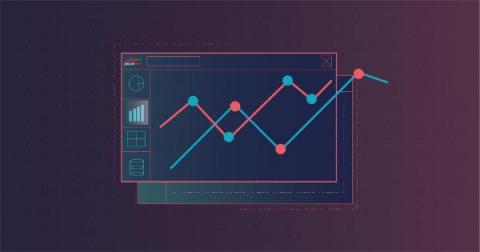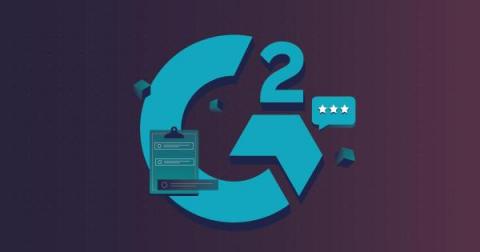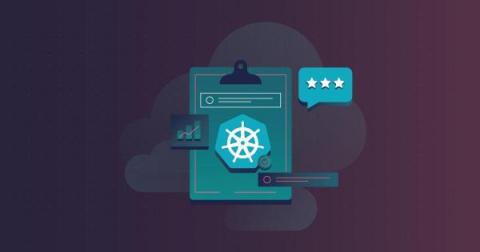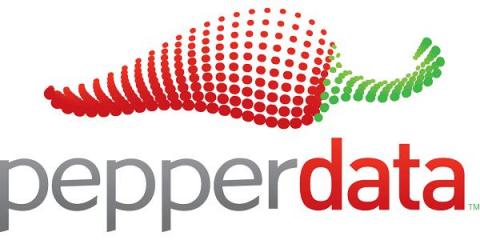How to Use Big Data with Spark Successfully Today
You’d probably struggle to find a big data practitioner who’s never heard of Apache Spark or used big data with Spark. We’d even go so far as to say it’s near impossible—and that’s for good reason. Spark is well known because it’s fast, reliable, and capable. Let’s dive into why that is, answer some common questions surrounding Spark computing, how to easily use it to achieve success, and more.


